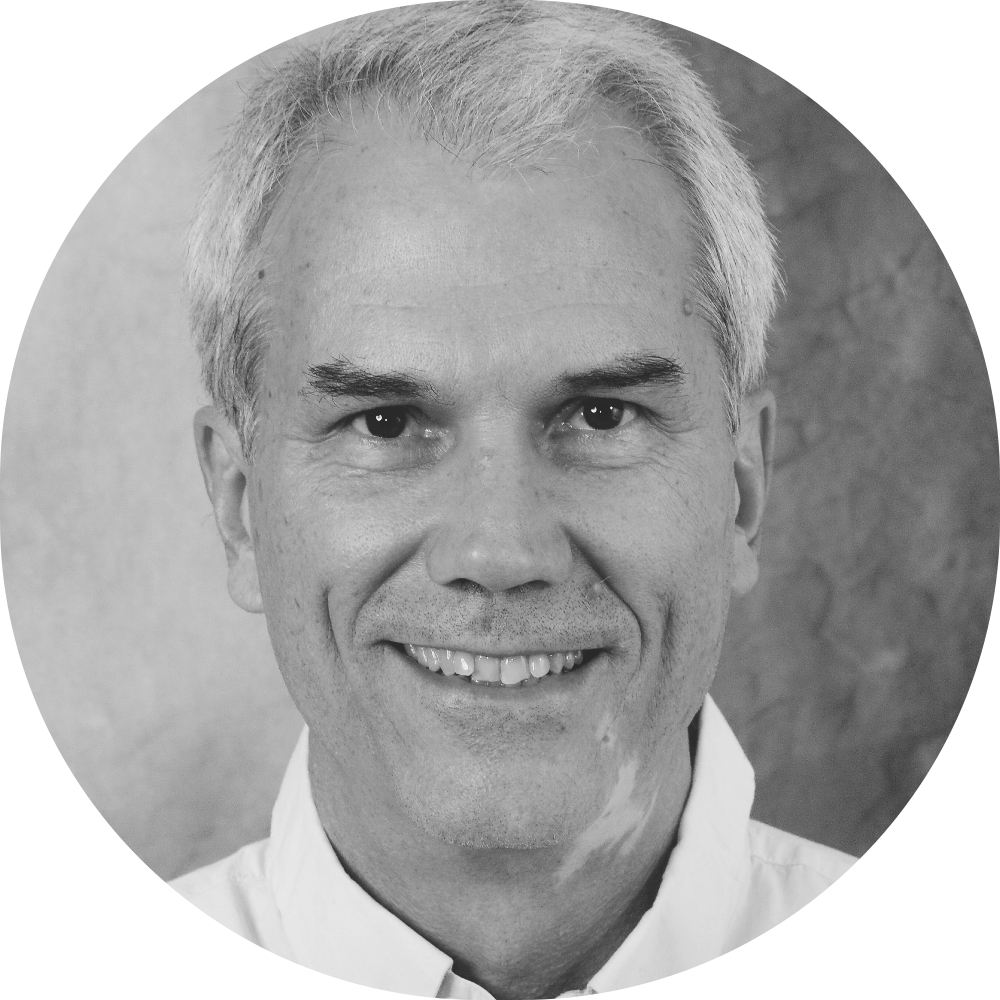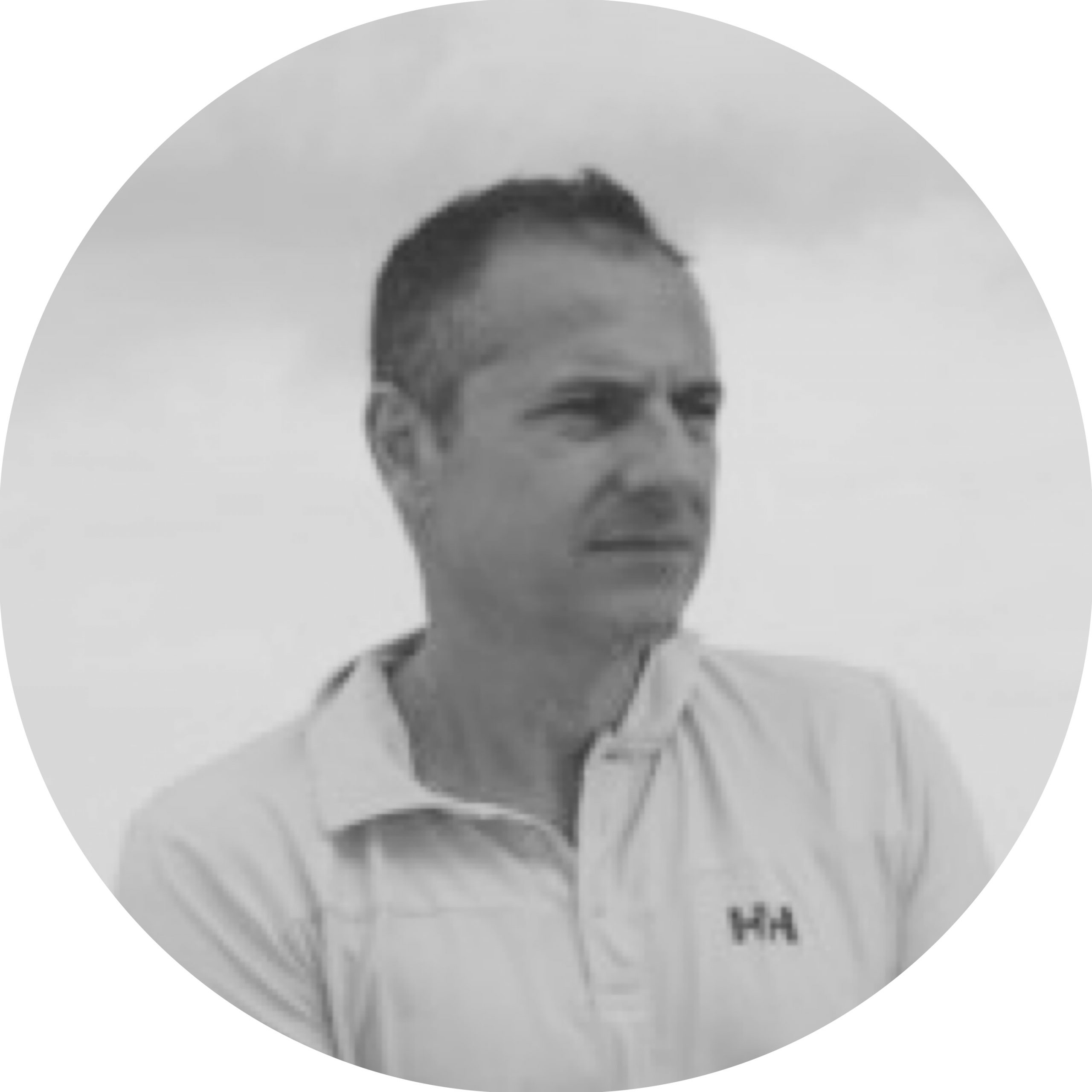
Ron Benner
USA
Carolina Distinguished Professor
University of South Carolina
Ron Benner
SPEECH TITTLE
"Bacterial Contributions to Refractory DOM in the Global Ocean"
SHORT BRIEFING
Carolina Distinguished Professor Ron Benner focuses on the biogeochemistry of the carbon, nitrogen and phosphorous cycles and the roles of microorganisms as producers and consumers of organic matter in aquatic environments. Experimental approaches are used to characterize processes and geochemical approaches are used to integrate processes over space and time. Professor Benner is a Fellow of the American Geophysical Union (AGU), the American Association for the Advancement of Science (AAAS) and Advancing the Sciences of Limnology & Oceanography (ASLO). He also holds an Einstein Professorship with the Chinese Academy of Sciences. His research on the origins, transformations and fates of dissolved organic carbon in the ocean is providing novel insights about bacterial contributions to this major reservoir of reduced carbon and the controls on carbon sequestration.

Penelope Lindeque
United Kingdom
Head of Science: Marine Ecology and Biodiversity
University of Plymouth
Penelope Lindeque
SPEECH TITTLE:
“Mussel Power: A Nature-Based Solution to Marine Microplastics?”
SHORT BRIEFING:
Prof. Pennie Lindeque is a highly motivated scientist leading and undertaking excellent and innovative research in the areas of molecular biology, marine ecology and microplastics as contaminants. She is Head of Science for Marine Ecology and Biodiversity at Plymouth Marine Laboratory (PML). For the past 12 years Pennie has led a new area of research at PML; the ecological impacts of microplastics as emerging pollutants. Current focus includes i) investigating the bioavailability and impact of microplastics on marine biota and ii) looking for ecological solutions. Her work on the impact of microplastics in the marine environment has directly influenced policy in the UK and around the world, including the UK ban on microbeads in cosmetics. In 2018 her collaborative work with colleagues, including Profs. Tamara Galloway, OBE and Brendan Godley (Exeter), and Richard Thompson, OBE (Plymouth) was recognised when they won the Societal Impact and overall prize in the Natural Environment Research Council’s (NERC) Impact Awards. Pennie has been listed by Clarivate as one of the ‘World’s Most Highly Cited Researchers’ in the field of Environment and Ecology in 2021, 2020 and 2019.

Gotzon Basterretxea
SPAIN
Department of Ecology and Marine Resources
IMEDEA (UIB-CSIC)
Gotzon Basterretxea
SPEECH TITTLE:
"Collective and social patterns in marine pennate diatoms"
SHORT BRIEFING:
Gotzon Basterretxea is a biological oceanographer at the Mediterranean Institute of Advanced Studies Institute (IMEDEA) at Mallorca (Balearic Islands). Ph.D. in Marine Sciences from the University of Las Palmas de Gran Canaria, he is interested in phytoplankton ecology and, particularly, in understanding how physical, chemical and biological factors determine the structure, function, and organization of planktonic organisms. In recent years he has published articles on collective processes in marine plankton, the influence of climate on marine productivity, and the dynamics of harmful algal blooms (HABs). Since 2020, Dr. Basterretxea is the director of IMEDEA.

Julián Blasco
SPAIN
Department of Ecology and Coastal Management
Julián Blasco
He has been involved in 60 research projects and 22 contracts with different companies. He has been the main researcher of 29 projects and 13 contracts. He is responsible for the research group “Ecotoxicology Ecophysiology and Biodiversity of Aquatic Systems” (PAIDI, RNM306 and CSIC groups), a team composed of 7 researchers from ICMAN-CSIC staff. Currently, he is the Director of the “Institute of Marine Sciences of Andalusia” (2015-) and was Deputy Director (1994-1998), head of the Department of Oceanography (1998-2007), head of the Department of Ecology and Coastal Management (2007-2011) and the group leader of the Associate Unit “Interdisciplinary Oceanography” between the University of Cádiz and the CSIC (2004-2011). He was Associate Professor of the University of Cadiz in the Physical-Chemistry Department (1994-1998). Currently he is responsible for a research line of the Erasmus Mundus Ph. D. Programme MACOMA, a lecturer in several Master programs with mentions of excellence (e.g. Erasmus Mundus, WACOMA and Oceanography) and a member of the editorial boards of the international journals Environment International, Environmental Toxicology and Chemistry, Science of the Total Environment and Marine Environmental Research. All of them Q1, according to the JCR (ISI Web of Knowledge). He is also Associate Editor of Frontiers in Marine Science. Marine Pollution.
He has published more than 150 SCI articles and 15 book chapters. He has been a supervisor of 12 Ph. D. theses and more than 20 Master theses and is currently supervising 4 Ph. D. theses. He has presented more than 250 communications at international congresses and has been included in the Essential Science Indicators (Environment/Ecology) of the ISI Web of Knowledge.
The scientific objectives, during his career, have been focused on the behaviour and distribution of legacy and emergent pollutants and their ecotoxicological effects. He has developed and applied novel bioassays and tools to assess the environmental risks associated with pollutants. Over the last years, he has focused on the study of emergent pollutants (pharmaceuticals and nanoparticles), due the current lack of knowledge, in order to improve the environmental risk assessment of these substances in aquatic ecosystems. The next steps of his research are focusing on the impact of contaminant mixtures (legacy and emergent), reflecting global changes scenarios. The objective is to develop new tools based on a depth scientific knowledge. For that, fate and behaviour of pollutants will be studied and the use of -omics techniques will be employed, in a general frame of ecotoxicogenomic approach. Our focal point is the use of an holistic approach for developing validated tools, based on sound scientific knowledge and usefulness for assessing the risk for aquatic ecosystems, in order to provide support of EU legislation (Water Framework Directive and Marine Directive Strategy).



